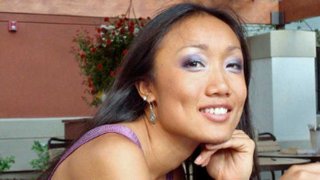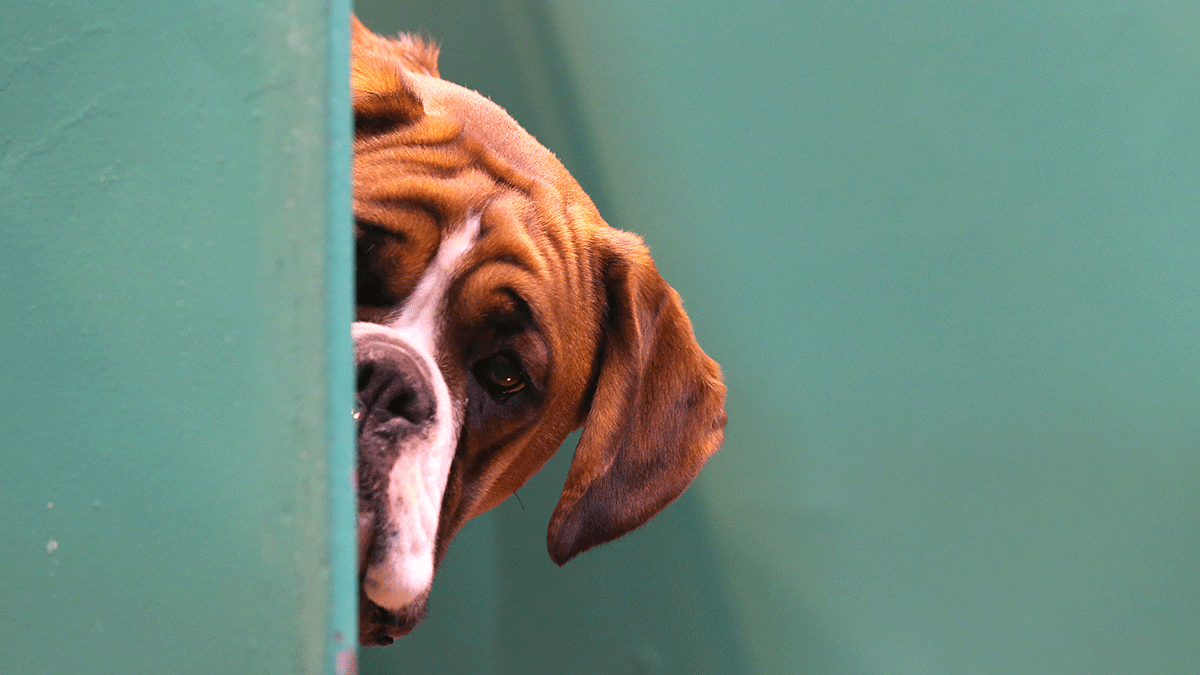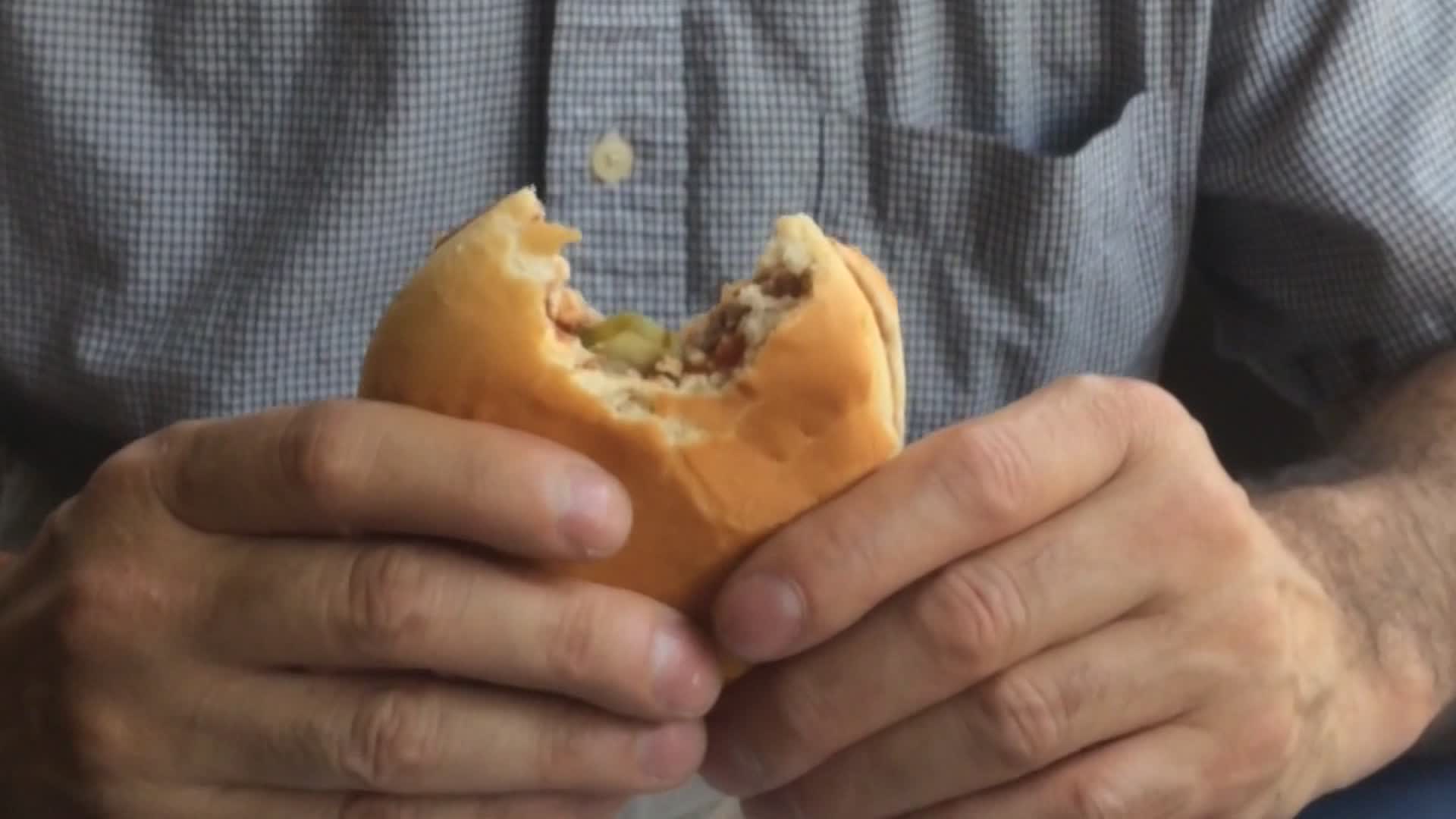
On the ninth anniversary of her death, members of the family of Rebecca Zahau, whose nude body was found hanging from a balcony of the Spreckels Mansion in Coronado in 2011, met at their attorney's Rancho Bernardo office on Monday to discuss a lawsuit being filed against the San Diego County sheriff.
Rebecca's sister, Mary Zahau-Loehner, and her husband, Doug Loehner, were at the law offices of Greer and Associates to announce the suit being filed, an effort to gain access to records connected to the investigation into the death of Zahau, whose body was found at the beachfront Spreckels Mansion she shared with her boyfriend, Jonah Shacknai, a pharmaceutical company executive.
The suit calls for the sheriff to give Zahau's family and attorneys access to all case records regarding the investigation, arguing that, while the department has released many records, it has only disclosed those that support the belief that Zahau's death was a suicide.
"And what [San Diego Sheriff Bill Gore] has done is now refused to give requested documents which would contradict [the] conclusion" reached by the department -- that Zahau took her own life," attorney Keith Greer said.
NBC 7 reached out to the sheriff's department on Monday to ask if they had any comment about Monday's legal developments.
"Sheriff's Legal Services Division has not officially received a copy of the complaint for review, so it would be premature to comment at this time," department spokeswoman Melissa Aquino said in an email. "The sheriff's department also does not comment on pending litigation. The sheriff's homicide unit conducted an objective and thorough investigation into Miss Zahau's death. You can find more information at www.sdsheriff.net/coronado/."
Also attending the news conference was Scott Rudder, who Greer described as a crime-scene reconstruction and evidence-animation expert.
California
News from across California
Rudder's findings, said Greer, are consistent but "go a little bit beyond the opinions we've had before that shows that had Rebecca actually fallen 9 feet and died at the end of a rope that day, she would have been decapitated or partially decapitated and have very traumatic injuries, which didn't exist…."
"The injuries Rebecca would have sustained would have been visually dramatic and catastrophic," Rudder said later at the news conference. "Instead, what we see here at the crime scene are signs of a struggle, signs of an assault and signs of a strangulation."
Greer also said his office was going present evidence gathered during the civil trial to the medical examiner in an effort to get the death certificate changed to reflect Zahau's cause of death as a homicide or undetermined, rather than as a suicide, which is the cause now. They believe that the fact that Shacknai's brother Adam, who was found liable for Zahau's death at a civil trial in 2018, bolsters their case.
Sheriff's investigators' suggested Zahau herself tied a series of intricate knots on her hands behind her back, put the noose over her head and propelled herself off the mansion's balcony. Sheriff's investigators even released a video that they say shows how it can be done.
Zahau's death came just days after Shacknai's son, 6-year-old Max Shacknai, died in a deadly fall at the mansion while Zahau was watching the boy.
Adam Shacknai, who was staying at the mansion at the time as well, was the last person to see the 32-year-old Zahau alive. Jurors in the wrongful death lawsuit voted 9-3 that Adam battered Zahau and that his actions caused her death. They determined Adam owed Zahau's mother, Pari Zahau, nearly $5.2 million in damages.
In November 2018, Adam told NBC's "Dateline" he felt the system had "failed" him. He appealed the verdict in the civil trial the following year, which was settled by his insurance company during the trial. Adam told NBC 7 in 2019 that the insurance company covering his legal exposure had settled with the Zahau family for $600,000 without his knowledge or involvement. He told members of the media outside court that the company believed in his innocence but was "tired of throwing money" at his legal defense.
In December 2018, the sheriff's department decided it would not change its initial findings on the case; Zahau's official cause of death would remain a suicide. The Zahau family considered the decision not to reopen a criminal case "improper and biased."
Gore said after the civil trial that he was surprised by the verdict and suggested that if new evidence was presented, his agency would consider reopening the case.



